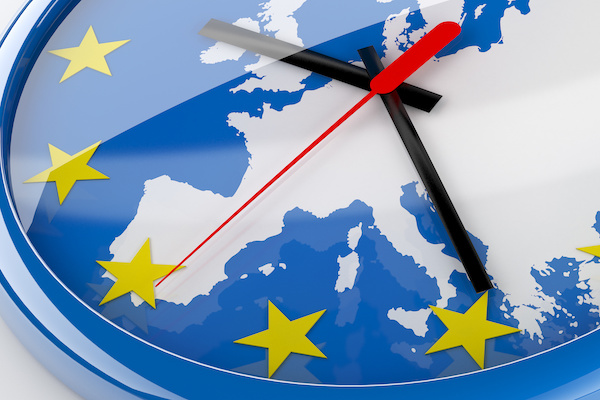05 January 2017
What to expect for the electricity industry in 2017?


Such exercise in the first days of the year is never an easy task. Obviously, one cannot anticipate the “surprises” that will come up, but it is still possible to identify some of the major economic trends and debates that will shape 2017 for the electricity actors.
At the international level, decisions made by major global economies and their consequences on the energy markets will be of importance. In particular, the new American government’s energy agenda – as well as the subsequent reactions from the Chinese and Russian governments – and the evolution of the South-East Asian economy may influence the environment of the European electricity industry:
– The American position may relaunch the coal market at the global level, leading to a new decrease in coal prices and consequently affecting the price of the European baseload.
– Regarding gas, competition between the American LNG and the Russian gas could make this resource economically more accessible, although the Chinese energy policy will need to be taken into account. The current European sanctions on Russia could also have an impact on the situation.
Geopolitical crises, in particular in the Middle-East, will obviously profoundly affect the aforementioned hypotheses.
In this changing global environment, several key items on the European agenda will need to be carefully followed:
– Will the European ETS reform be able to reinforce a market that has failed to provide incentivizing price signals for the past few years?
– Will the capacity mechanisms implemented in several European Member States bring sufficient economic viability to the capacity needed to ensure security of supply?
– How will European consumers’ bill evolve?
Furthermore, the European Union will try to push forward the energy transition in Europe with its Clean Energy Package. This set of directives and regulations is expected to bring substantial debates throughout the year. As cornerstone of the future European energy system, the package will aim to put the consumer at the core of economic and environmental concerns. Finding the right balance between a coordinated European energy policy on the one hand, and national responsibilities and approaches on the other hand will be a major point of discussion.
At the French level, what will be the new energy policy after the presidential and legislative elections remains the big question for 2017.
From the French electricity sector’s perspective, there are several important issues for this new energy agenda:
– the possible choices regarding the evolution of the generation mix, combining renewable and nuclear energy,
– the level of ambition and the means deployed to reduce emissions from coal and pollutants from the building and mobility sectors,
– the adequacy between the services provided by the grid, its key role in the energy transition and its tariffs,
– taking into consideration the social challenges of the evolution of the French electricity system,
– and how to finance this new policy, considering that aligning energy taxation and climate ambition is essential.
In the territories, the planning and level of investments in local projects will set the pace for the energy transition.
2017 will therefore bring new challenges at various levels for a sector that has a full role to play in the changes and mutations wished for by the society, but which remains undermined by very low wholesale prices. It makes no doubt that electricity and digital technology will play a substantive role in ensuring a more sustainable energy future, such future being possible if consumers, political leaders and industry professionals to work hand-in-hand. UFE will therefore make proposals throughout the year to make 2017 a happy and fruitful year in the energy sector!
Find out more
02 June 2020
“Long live Europe”: it’s time for Europe!
25 February 2020
Brexit: love last 47 years


About us
The Union of the French Electricity Industry is the trade association of the French electricity sector. We bring together companies from the whole value chain of the electricity industry.
Find out more










